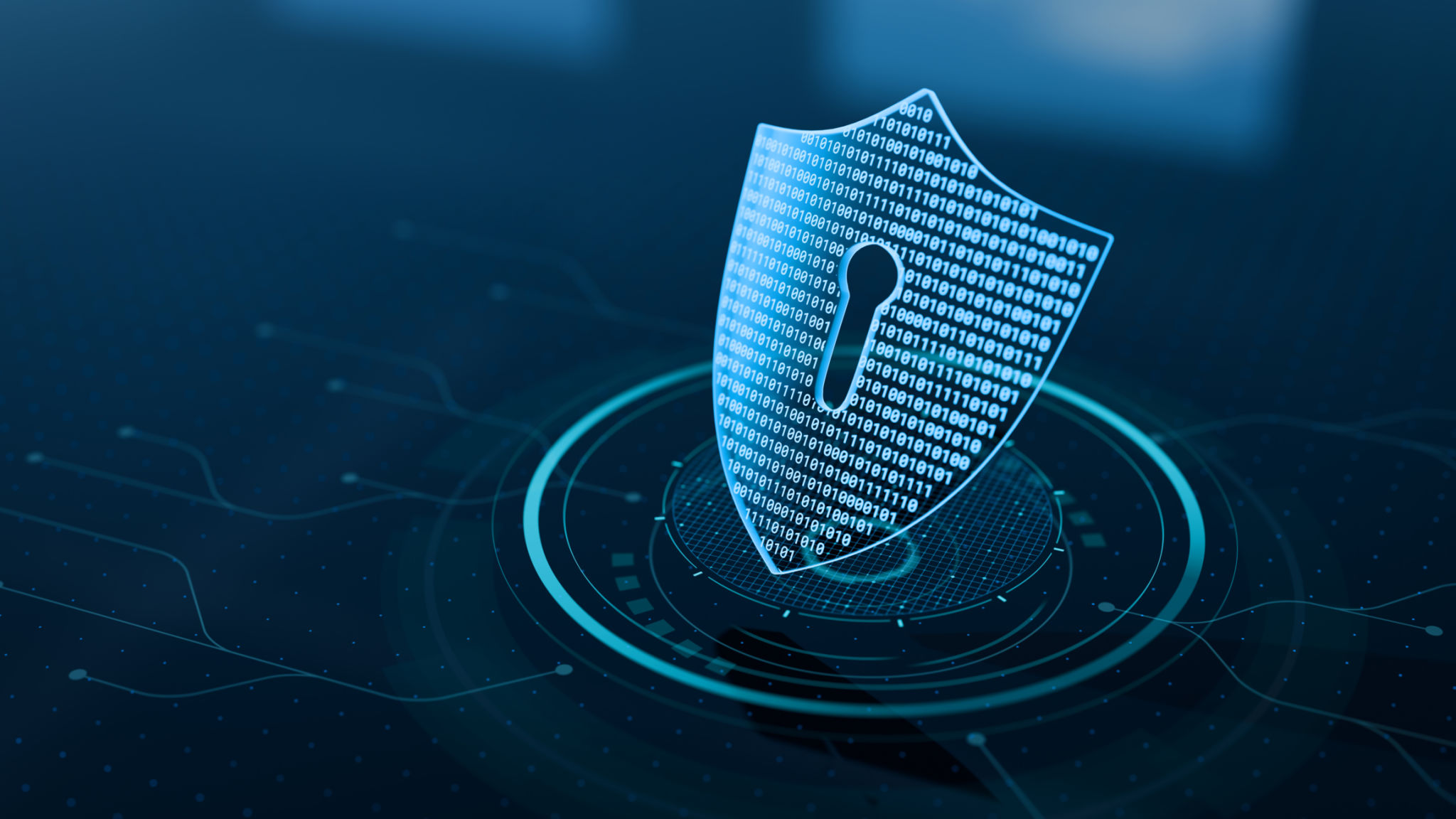Essential Cybersecurity Solutions for Businesses in Francophone Africa
AM
The Importance of Cybersecurity in Francophone Africa
In today's digital world, businesses in Francophone Africa face a growing number of cyber threats. With the rapid adoption of technology, it's crucial for companies to implement robust cybersecurity measures. These measures not only protect sensitive data but also ensure business continuity in the face of potential cyberattacks.
Cybersecurity is no longer a luxury but a necessity for businesses of all sizes. The increasing sophistication of cybercriminals means that organizations must stay ahead with the latest security solutions to safeguard their operations.

Understanding the Cyber Threat Landscape
The cyber threat landscape in Francophone Africa is diverse, with businesses facing risks from malware, ransomware, phishing, and other malicious activities. These threats can lead to data breaches, financial losses, and damage to a company's reputation.
Understanding these risks is the first step in developing an effective cybersecurity strategy. By identifying potential vulnerabilities, businesses can prioritize their security efforts and allocate resources efficiently to mitigate risks.
Common Cyber Threats
- Malware: Malicious software designed to disrupt, damage, or gain unauthorized access to computer systems.
- Ransomware: A type of malware that encrypts files, demanding a ransom for their release.
- Phishing: Fraudulent attempts to obtain sensitive information by pretending to be a trustworthy entity.

Essential Cybersecurity Solutions
To protect against these threats, businesses should implement a range of cybersecurity solutions. These solutions should be tailored to the specific needs and risks of the organization. Here are some essential cybersecurity solutions for businesses in Francophone Africa:
Firewalls and Antivirus Software
Firewalls and antivirus software are the first line of defense against cyber threats. Firewalls act as a barrier between your network and potential attackers, while antivirus software detects and removes malicious software. Regular updates and maintenance are essential to ensure these tools remain effective.
Data Encryption
Data encryption is another critical component of a comprehensive cybersecurity strategy. By encrypting sensitive data, businesses can prevent unauthorized access and ensure that information remains confidential. This is particularly important for companies handling personal data or financial information.

The Role of Employee Training
While technology plays a significant role in cybersecurity, human factors should not be overlooked. Employees are often the weakest link in cybersecurity defenses, making training and awareness programs essential. By educating staff about potential threats and best practices, businesses can reduce the risk of human error leading to a security breach.
Developing a Cybersecurity Culture
Creating a culture of cybersecurity within an organization involves continuous education and engagement. Encourage employees to report suspicious activities and provide them with the tools and knowledge necessary to recognize potential threats. Regular security audits and drills can also reinforce this culture.
In conclusion, businesses in Francophone Africa must adopt a proactive approach to cybersecurity to protect their assets and maintain customer trust. By implementing essential cybersecurity solutions and fostering a security-minded culture, companies can navigate the digital landscape confidently and securely.
